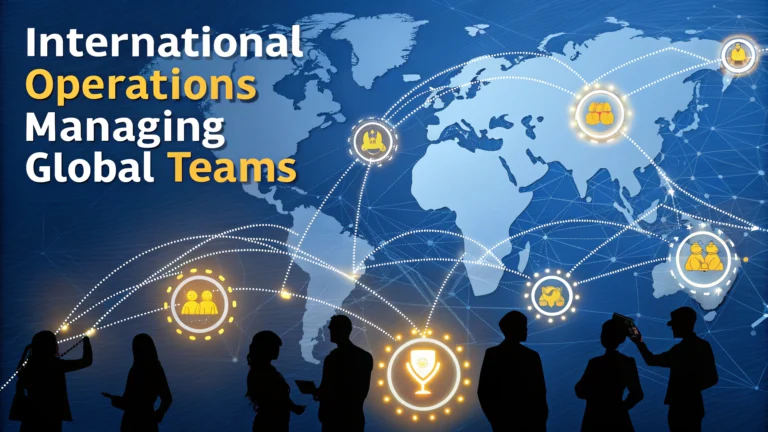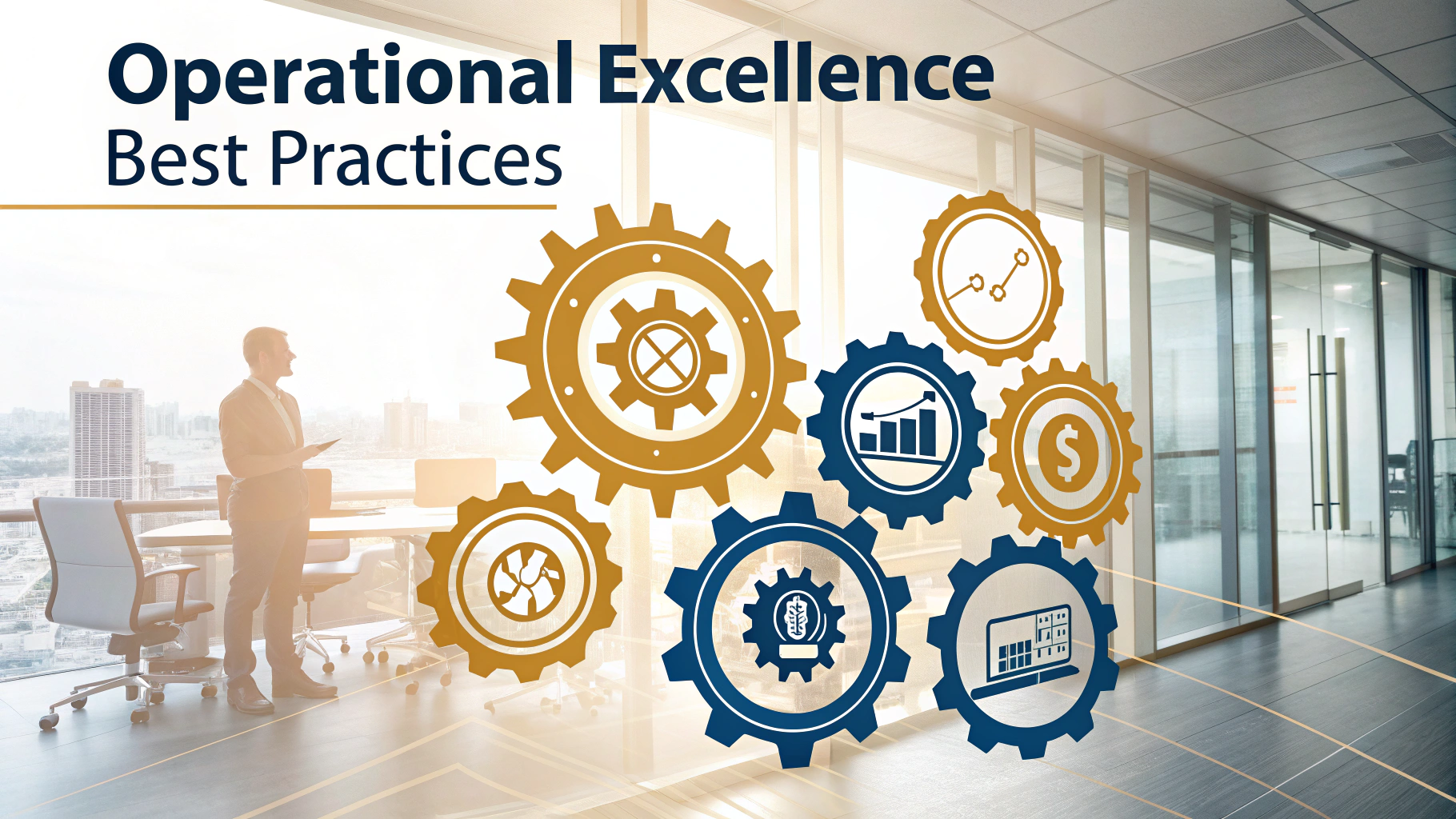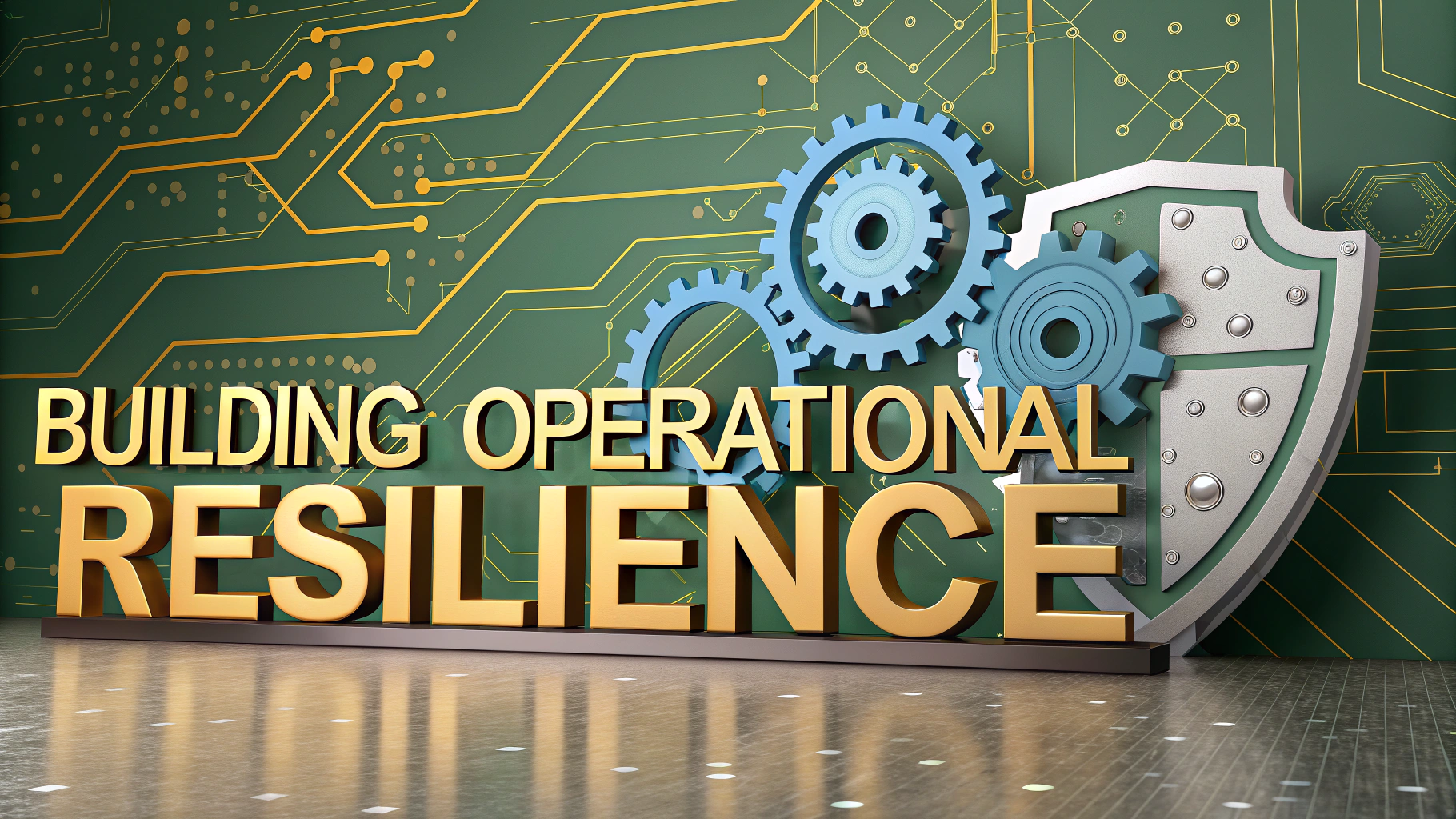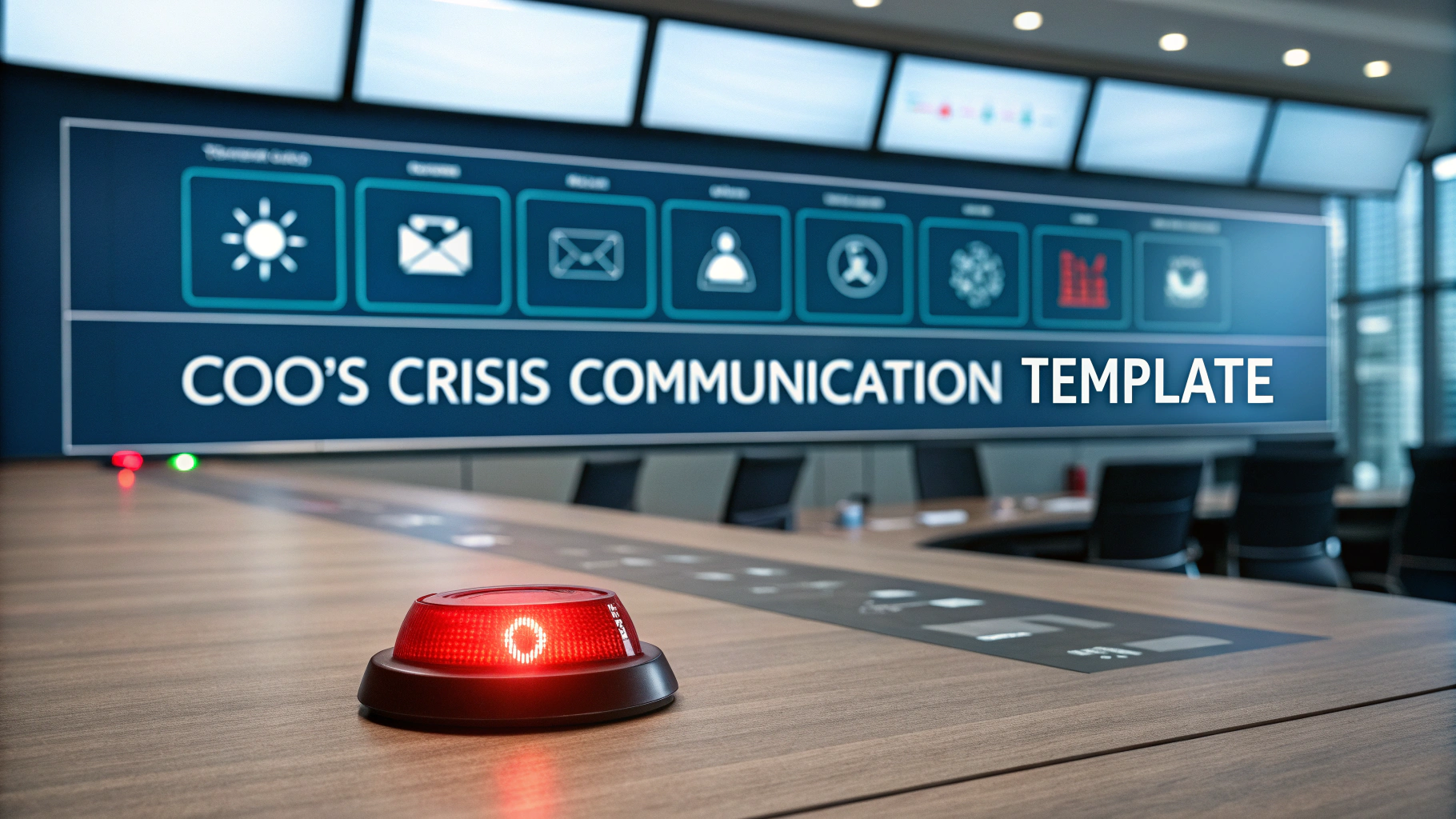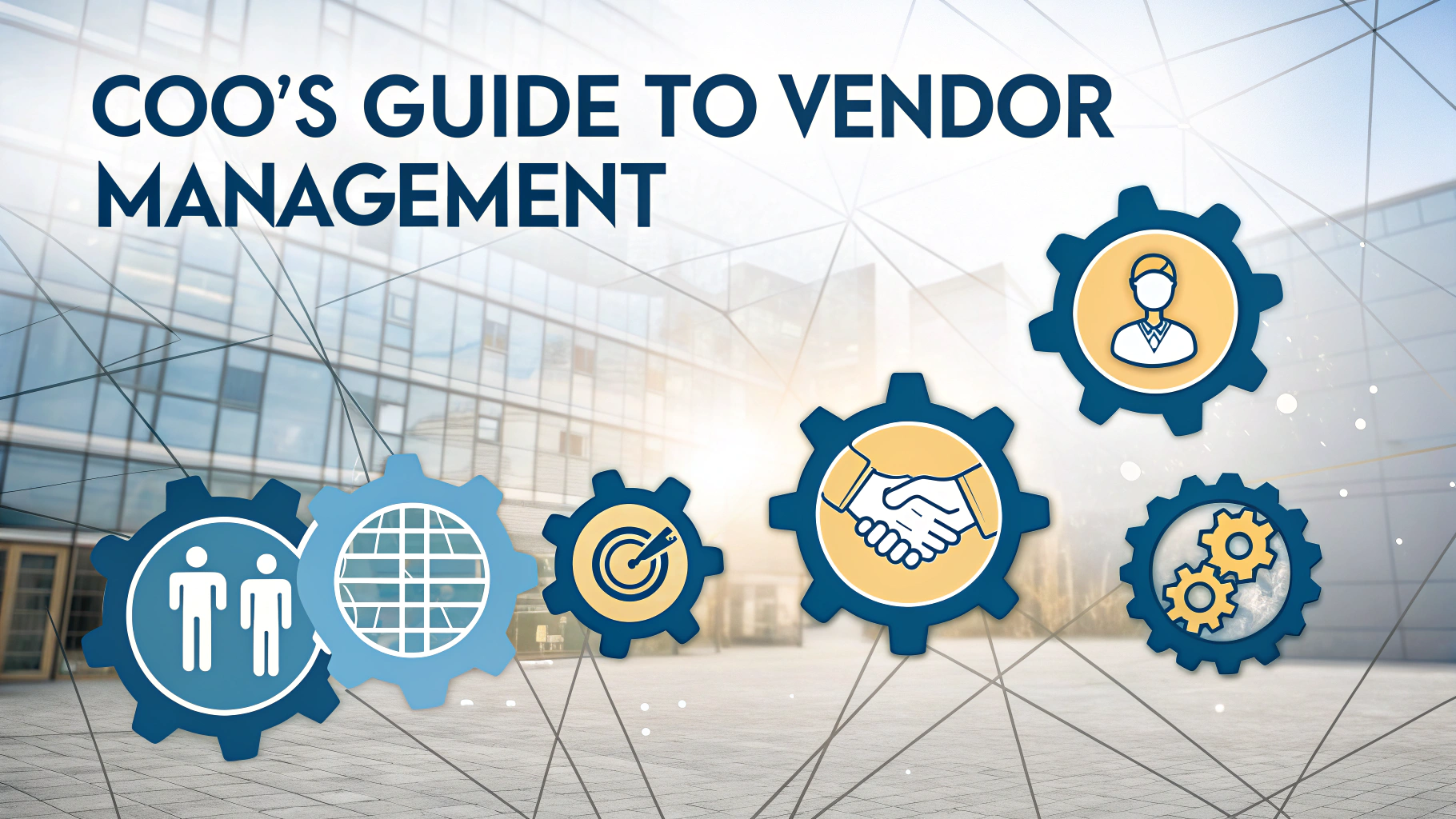Global teams bring unique advantages to organizations, enabling 24/7 operations, diverse perspectives, and access to international talent pools.
Managing these distributed teams requires structured approaches to communication, cultural awareness, and technological infrastructure to ensure seamless collaboration across time zones.
This guide explores practical strategies for leading international teams effectively, based on real-world experience and proven management techniques.
Setting Up Global Team Infrastructure
Select reliable collaboration tools that work across different regions and internet speeds.
- Video conferencing: Zoom, Microsoft Teams, or Google Meet
- Project management: Asana, Jira, or Monday.com
- Communication: Slack, Microsoft Teams, or WhatsApp Business
- Document sharing: Google Workspace or Microsoft 365
Time Zone Management
Implement a “follow-the-sun” workflow where tasks transition between time zones.
| Region | Overlap Hours (GMT) | Best Meeting Times |
|---|---|---|
| Americas | 13:00-17:00 | Early morning/Late afternoon |
| Europe | 08:00-16:00 | Morning/Early afternoon |
| Asia-Pacific | 01:00-09:00 | Evening/Early morning |
Cultural Intelligence
Invest in cultural training programs for team leaders and members.
- Recognize and respect local holidays and customs
- Adapt communication styles to different cultural contexts
- Consider local business etiquette in each region
- Provide translation services when necessary
Communication Protocols
Establish clear communication guidelines for your global team.
- Set standard response times for emails and messages
- Create documentation in multiple languages when needed
- Record important meetings for team members in different time zones
- Use asynchronous communication tools for non-urgent matters
Performance Management
Implement fair evaluation systems that account for regional differences.
- Set clear KPIs that translate across cultures
- Use standardized performance review templates
- Consider local market conditions when setting targets
- Provide feedback in culturally appropriate ways
Team Building Across Borders
Create opportunities for cross-cultural team bonding.
- Virtual team building activities
- Annual or bi-annual in-person meetings
- Cross-regional mentorship programs
- Cultural exchange initiatives
Legal and Compliance Considerations
Work with local legal experts to ensure compliance in each jurisdiction.
- Employment laws and regulations
- Data protection requirements
- Tax implications
- Work permit requirements
Moving Forward with Global Teams
Regular assessment and adaptation of management strategies ensure continued success in international operations.
Consider working with global HR consultancies like Mercer (www.mercer.com) or Deloitte (www.deloitte.com) for specialized support.
Join international business networks such as the International Chamber of Commerce (iccwbo.org) to stay connected with global business practices and trends.
Leadership Development
Develop leaders who can effectively manage across borders and cultures.
- Cross-cultural leadership training programs
- Global mindset development workshops
- International assignment rotations
- Regional leadership councils
Technology Integration
Leverage technology to bridge geographical gaps and enhance collaboration.
- AI-powered translation tools
- Virtual reality meeting spaces
- Cloud-based workflow automation
- Digital asset management systems
Crisis Management
Establish protocols for managing global emergencies and disruptions.
- Regional emergency response teams
- Business continuity plans by region
- Cross-border communication protocols
- Local support networks
Measuring Global Success
Track key metrics to evaluate international team effectiveness.
- Cross-cultural collaboration indices
- Global project completion rates
- International employee satisfaction scores
- Knowledge transfer effectiveness
Building Sustainable Global Operations
Success in global team management requires continuous adaptation and commitment to cross-cultural excellence. Organizations must remain flexible and responsive to changing international business dynamics while maintaining consistent standards across regions.
Focus on developing robust systems that can scale across cultures while preserving local nuances. Regular review and updates of global management strategies ensure long-term sustainability and growth of international operations.
- Implement regular strategy review cycles
- Maintain open feedback channels across regions
- Foster innovation through diverse perspectives
- Build lasting cross-cultural relationships
FAQs
- What are the key challenges in managing global teams across different time zones?
The main challenges include coordinating meetings across multiple time zones, ensuring effective communication during overlapping work hours, managing project deadlines across regions, and establishing fair scheduling practices that don’t consistently burden any particular region. - How can cultural differences impact global team management?
Cultural differences affect communication styles, decision-making processes, conflict resolution, workplace hierarchies, and work-life balance expectations. Understanding and respecting these differences is crucial for effective team management. - What technology tools are essential for managing global teams?
Essential tools include project management software (like Asana or Jira), communication platforms (such as Slack or Microsoft Teams), video conferencing solutions (like Zoom), document sharing systems (such as Google Workspace), and time zone management tools. - How do you establish clear communication protocols in global teams?
Establish standardized communication channels, create documentation guidelines, set response time expectations, define emergency protocols, and implement regular check-ins while considering regional communication preferences and language barriers. - What strategies help in building trust among remote global team members?
Regular virtual team building activities, consistent one-on-one meetings, transparent decision-making processes, clear performance metrics, and creating opportunities for cross-cultural collaboration help build trust. - How should performance management be adapted for global teams?
Implement standardized performance metrics while accounting for regional contexts, establish clear objectives and key results (OKRs), provide regular feedback across time zones, and ensure fair evaluation processes considering cultural differences. - What are the best practices for conducting global team meetings?
Rotate meeting times to share the burden of odd hours, record meetings for those who cannot attend, provide clear agendas in advance, use visual aids to overcome language barriers, and ensure equal participation opportunities for all team members. - How do you manage different labor laws and regulations across countries?
Partner with local HR representatives, maintain compliance with country-specific employment laws, understand local holiday schedules, respect working hour regulations, and implement appropriate benefits packages for each region. - What approaches work best for conflict resolution in global teams?
Establish clear escalation procedures, use neutral mediators when necessary, account for cultural approaches to conflict, document all discussions, and provide multiple channels for raising concerns. - How do you ensure knowledge sharing across global teams?
Implement accessible knowledge management systems, create standardized documentation processes, establish mentoring programs across regions, conduct regular knowledge-sharing sessions, and maintain detailed project handover procedures.
